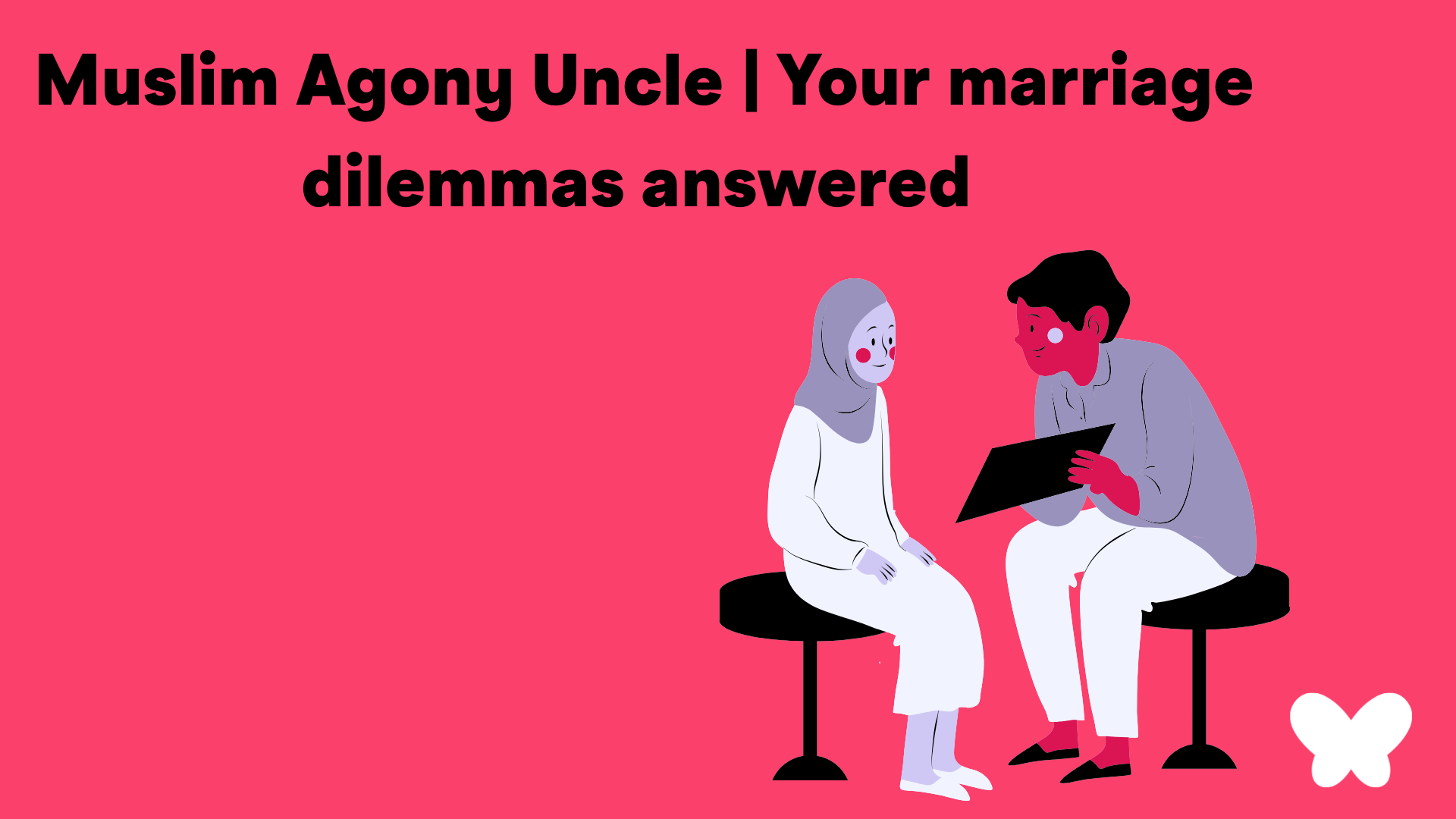
The Rise of Judgement During Ramadan: Unpacking ‘Ramadan Muslims’
March 7, 2025

We often discuss red flags to look out for in relationships or friendships, but what about Ramadan red flags to look out for? This time of year often brings a lot of discussion around Muslim stereotypes, ever heard of the term ‘Ramadan Muslim’?
What is a ‘Ramadan Muslim?


Looking for your soulmate?
You won’t find your soulmate on this blog post but you might find them on Muzz - the world’s biggest Muslim dating and marriage app.
‘Ramadan Muslim’ is a term used in the Muslim community to refer to people who seemingly only practice their religion during the month of Ramadan. During this holy month there is often a lot of judgement surrounding people who choose to use this time to get closer to their deen. Someone who may not appear outwardly Muslim, can begin to abstain from haram behaviours during this month, or refrain from openly sharing them.
However, instead of celebrating someone’s decision to get closer to Allah (SWT) during Ramadan, these people might be unfairly judged. Often, these individuals are labeled as ‘not real Muslims’ or criticised for their temporary religious practices. But is this judgment helpful?
Why We Should Encourage Positive Change During Ramadan
Whether someone usually drinks alcohol or rarely prays, if they decide to refrain from haram activities or pray regularly during Ramadan, they are taking steps toward improving their deen. This is a positive change, and as a community, we should encourage these behaviors, not judge them.
Ramadan is a month of reflection, growth, and self-improvement. If someone is taking time to reconnect with their faith, even if only for a short period, we should be supportive. In fact, it’s crucial to remember that intention (Niyyah) plays a huge role in Islam. The small acts of worship done with sincerity during Ramadan are significant, and we should uplift each other for trying.
A Key Teaching in Islam: Don’t Judge, Encourage Growth
One of the most essential teachings in Islam is to focus on your own actions rather than judging others. As Muslims, our responsibility is to better ourselves and help others do the same. When we stand before Allah (SWT), we will be judged for our own deeds, not for those of others.
In Surah Al-Hujurat (49:11), Allah (SWT) says:
“O you who have believed, let not a people ridicule [another] people; perhaps they may be better than them; nor let women ridicule [other] women; perhaps they may be better than them.”
This verse reminds us that we should not judge others harshly. Instead, we should encourage them to grow in their faith and avoid labelling people based on their actions during one month of the year.
Islam Teaches Us: “There is No Compulsion in Religion” (Quran 2:256)
The Qu’ran also says “There is no compulsion in religion” (Quran 2:256), most commonly interpreted to mean that no one should be forced to embrace Islam; instead our focus should be on presenting our faith clearly and inviting people to understand it willingly. Part of representing the beauty of Islam correctly, is by not projecting judgements onto people who are trying to change.
‘Dawah’ is a significant good deed in Islam and part of that is to actively encourage others to embrace Islam. Any small acts that bring someone closer to Allah, should be praised and encouraged. Judgement and shame are some of the biggest barriers for people who want to practice Islam and can deter someone from getting closer to Allah, more than most other temptations in the world. A person who judges someone for wanting to get closer to Allah, at any point in their life, is doing more harm than good. As Muslims it is our duty to spread the teachings of the Qu’ran, not to push people further away from them.
The Harmful Effects of Labeling People as ‘Ramadan Muslims’
Labeling someone as a ‘Ramadan Muslim’ can have lasting negative effects. It can discourage someone from practicing Islam altogether or cause them to feel ashamed of their efforts to connect with Allah. Instead of criticising, let’s focus on praising people for taking those first steps, even if it’s during Ramadan.
Is a ‘Ramadan Muslim’ a Red Flag?
So, is a ‘Ramadan Muslim’ a red flag in relationships or for someone seeking a Muslim partner? The answer is no. In fact, the real red flag is judging people for their spiritual journey. As Muslims, we should strive to help each other grow in faith, especially during the blessed month of Ramadan. Judgment should never be a barrier to someone’s faith journey. Instead, we should be the kind of people who foster an environment of encouragement, love, and understanding. Ramadan Muslims are not a red flag – those who judge them are.

